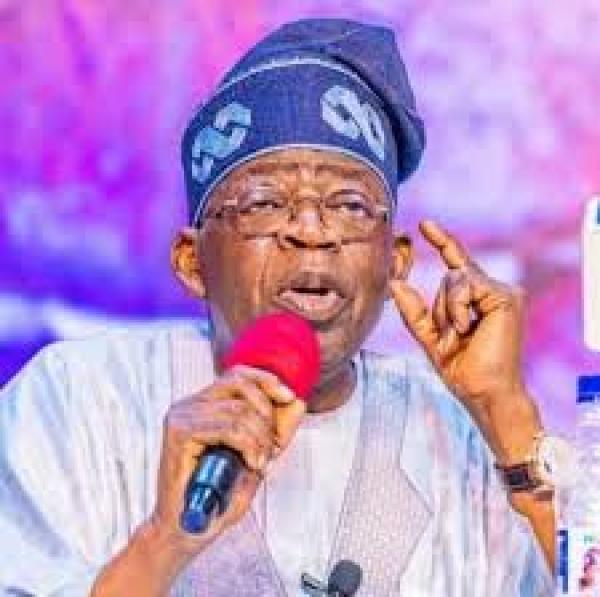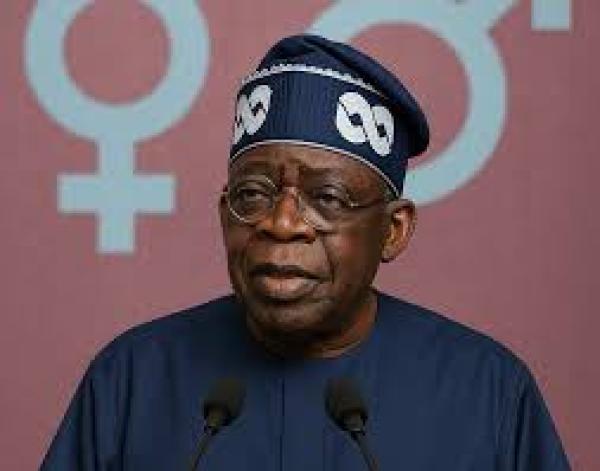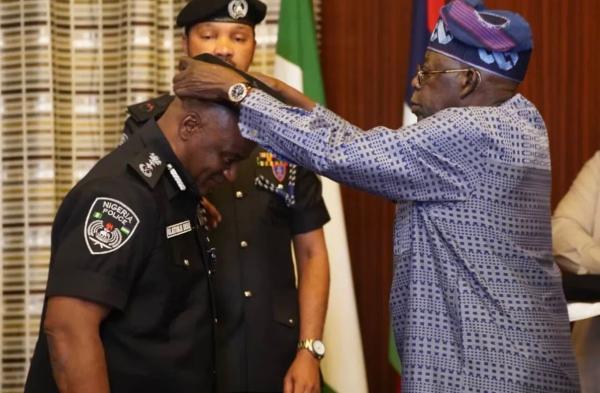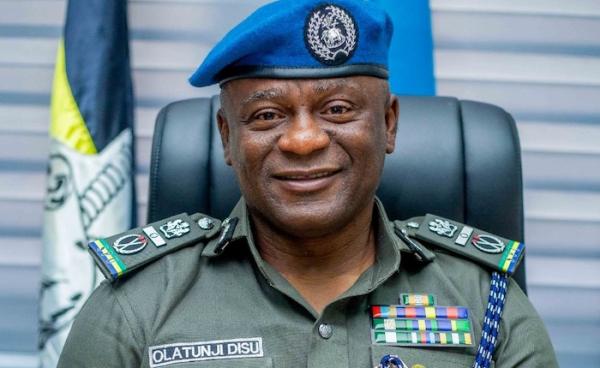
President Bola Tinubu has firmly dismissed the increasing use of private military and security contractors in African conflict zones, cautioning that their operations erode national authority and hamper coordinated counter-terrorism efforts.
Delivering Nigeria’s position at the first plenary on Peace, Security, Governance and Multilateralism during the 7th AU–EU Summit in Luanda, Angola, Tinubu, represented by Vice-President Kashim Shettima, maintained that African nations must take full ownership of their security responses rather than outsource critical responsibilities to external actors operating without transparent oversight.
He told African leaders and representatives of the European Union that such contractors often create parallel command systems, weakening state institutions and complicating conflict-resolution initiatives. According to him, terrorism, insurgency and organised cross-border crime require strong, government-led strategies built on regional cooperation.
Tinubu said Nigeria’s stance mirrors its long-running approach within ECOWAS and the African Union, which prioritises state-led peacekeeping and regional solidarity.
The President warned that the global retreat from multilateralism has left many regions more vulnerable. He commended the EU for maintaining a continent-to-continent partnership with Africa, anchored on respect and shared interests, and pledged Nigeria’s readiness to work with Europe to promote peace, stability and economic opportunity.
Pushing Nigeria’s long-standing demand for a restructured global governance system, Tinubu renewed his call for Africa to be granted permanent, veto-wielding seats on the UN Security Council. He urged EU member states to support genuine text-based negotiations under the Intergovernmental Negotiations framework, insisting that reform is overdue.
He highlighted Nigeria’s recent progress in combating insurgency, noting that over 250,000 individuals linked to Boko Haram had surrendered in early 2025 as a result of Nigeria’s blend of kinetic and non-kinetic counter-terrorism measures. He added that the Multinational Joint Task Force in the Lake Chad Basin remains proof that African-led coalitions can deliver substantial security gains.
Tinubu also referenced the Sea-Lift Agreement between the Nigerian Navy and the AU Standby Force, describing it as an asset for rapid deployment in peace-support operations across the continent.
On the Sahel, he acknowledged the EU’s ongoing efforts to stabilise the region, while urging that all external interventions be grounded in African-led strategies to avoid repeating past failures. He pressed the EU to understand regional complexities and commit to co-creating solutions with African institutions.
Turning to the issue of irregular migration, Tinubu argued that punitive approaches have only worsened insecurity. He proposed regulated labour-mobility channels, including skills-exchange programmes and business-process outsourcing pathways that would allow young Africans to fill Europe’s labour gaps without resorting to dangerous routes.
He reminded delegates that mobility has historically shaped West African life, and that the ECOWAS free-movement protocol merely reflects this heritage. The task, he said, is to transform informal migration trends into safe and productive systems.





















